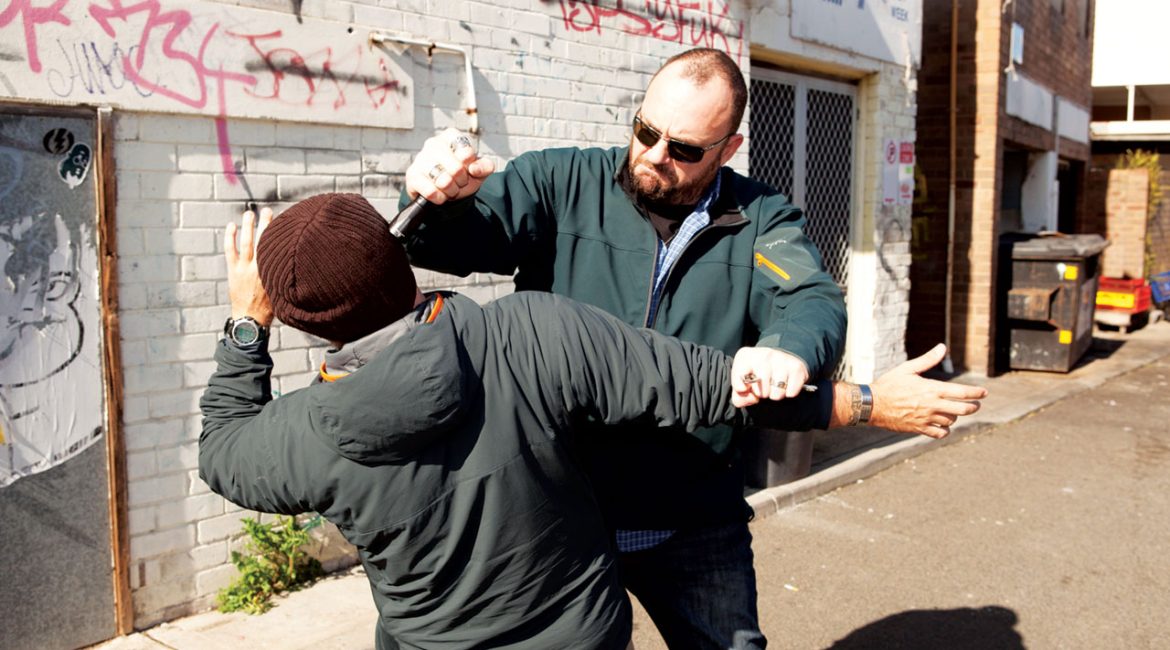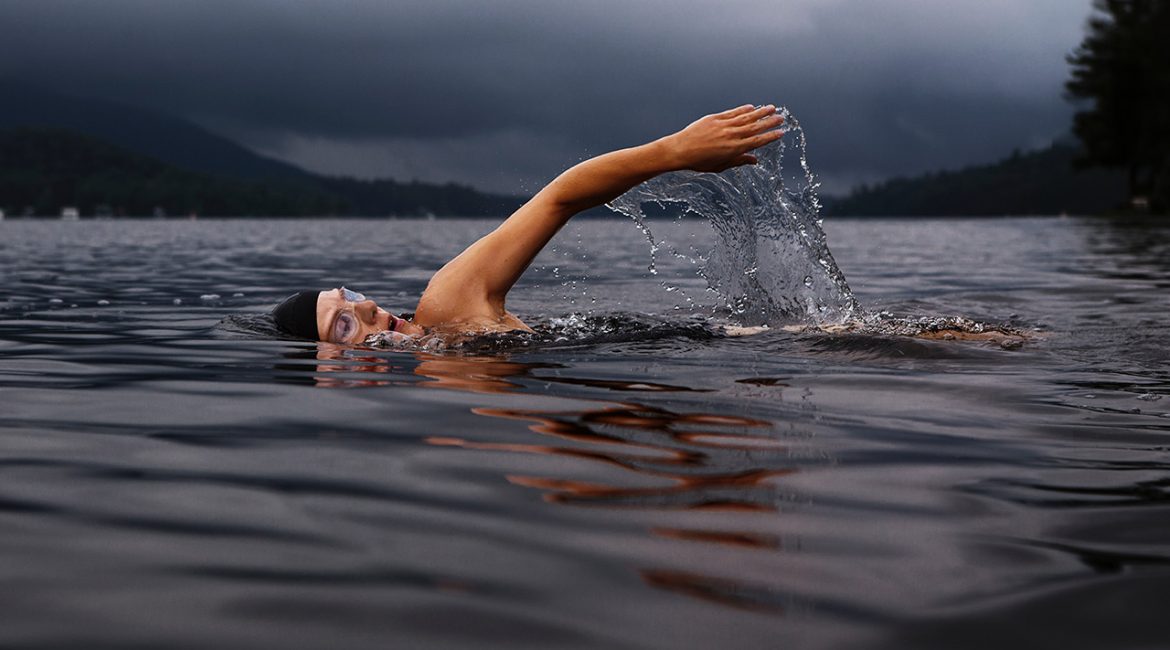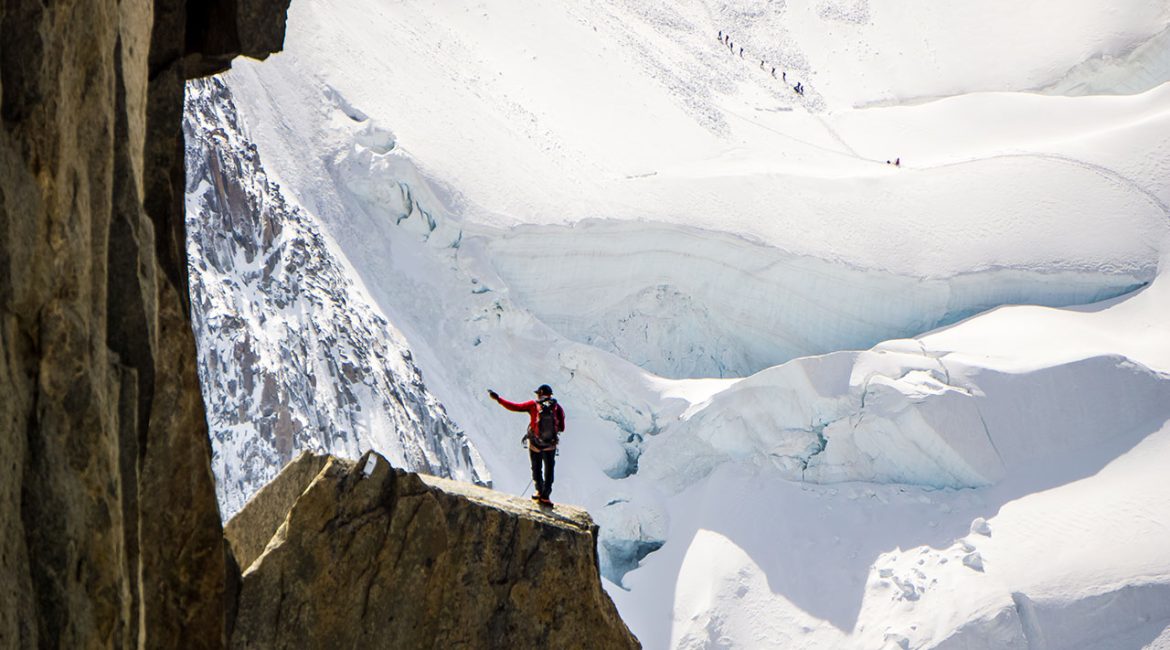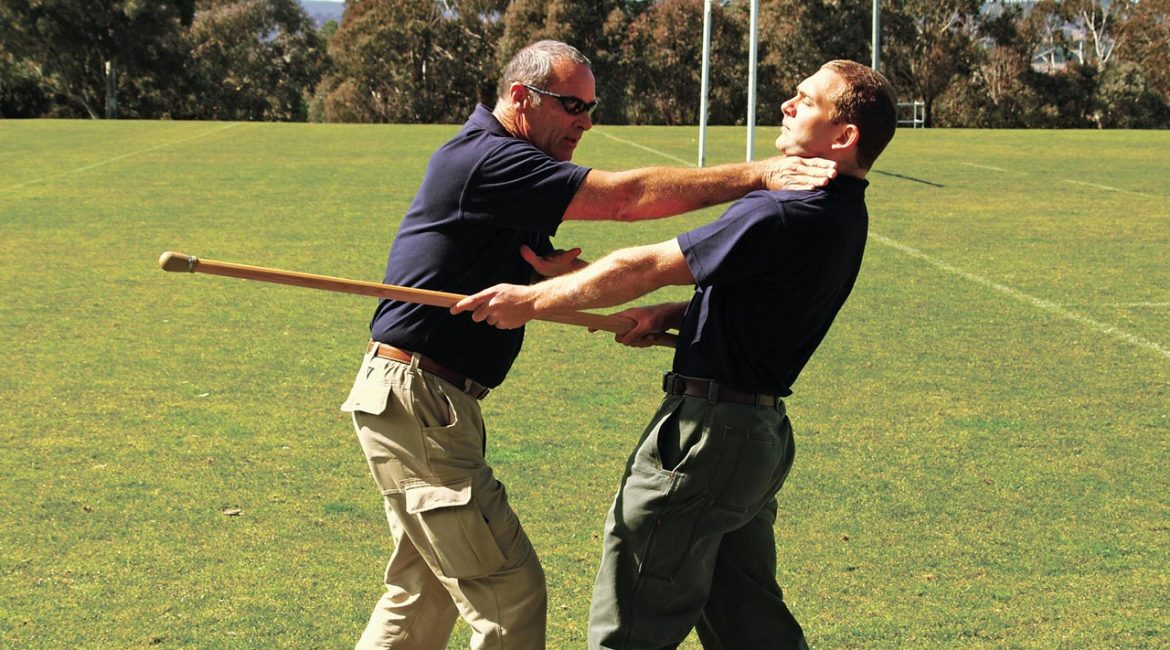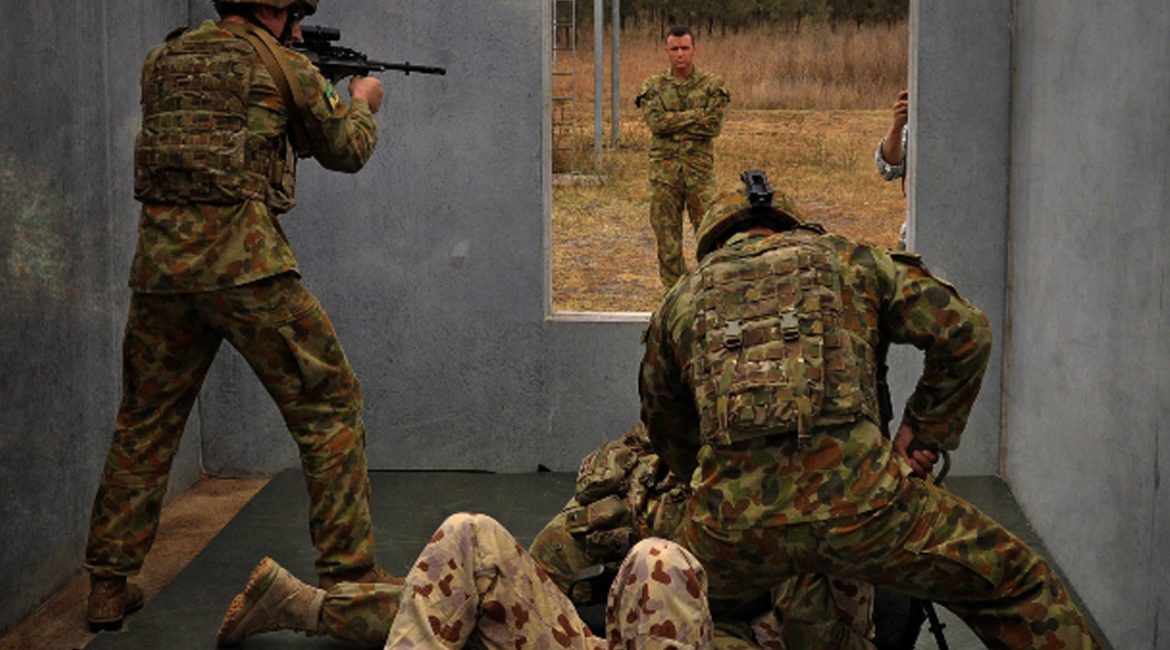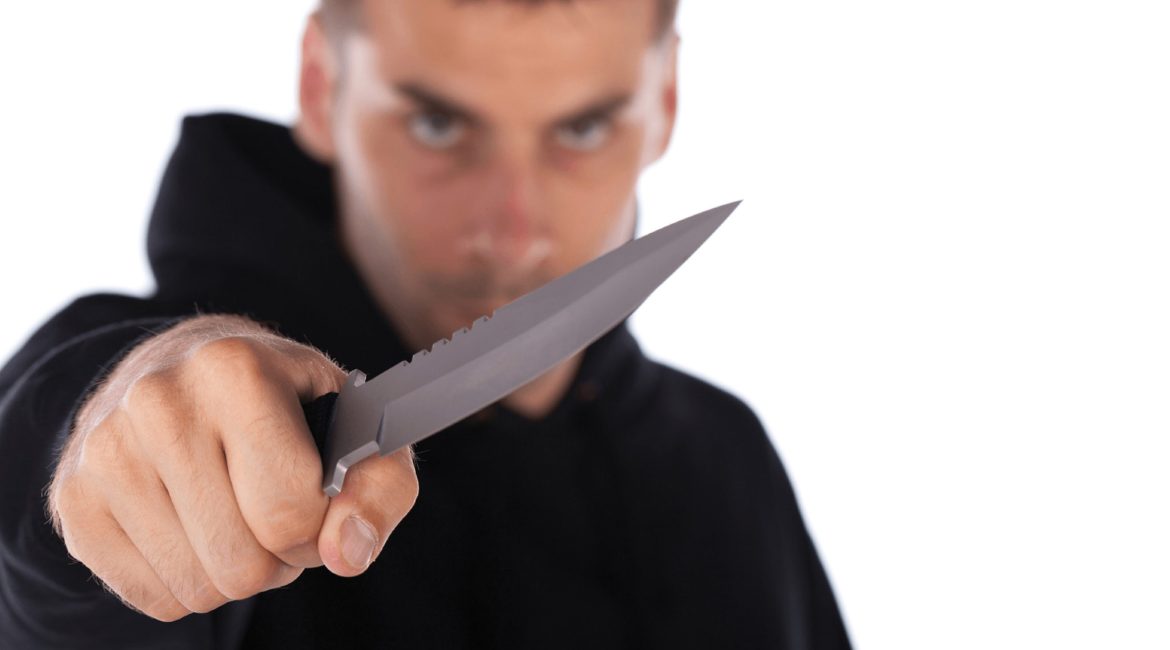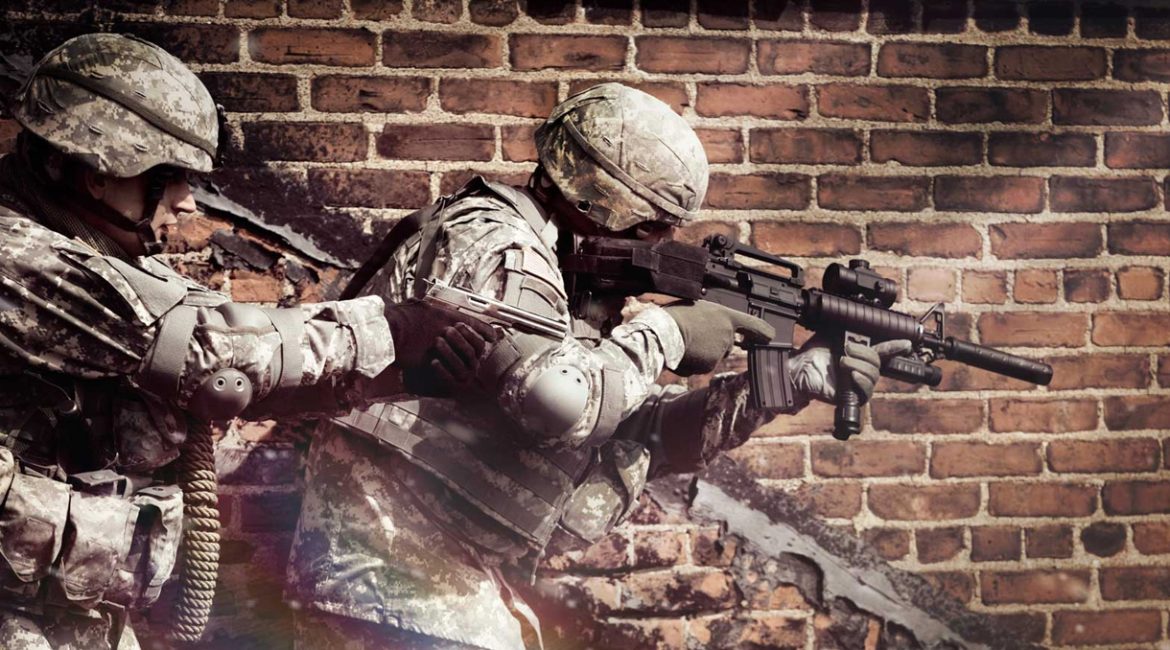‘Just run away’ is something we often hear from self-defence instructors — but running can turn you into prey.
Any Available Weapon
The Kinetic Fighting–Integrated Combat (KEF–IC) syllabus is based on five principles: number 4 is ‘Make full use of any available weapon’. For anyone interested in improving their chances of survival in the case of an assault, it’s vital to learn how legal, everyday objects can double as improvised weapons.
How to Find Discipline
Discipline is our ultimate weapon in the daily war on wasted time and aimless effort. For most successful people, it’s habitual — and it can be for anyone who’s willing. Learned through decades of martial arts practice and Special Forces soldiering, these three tips to master self-discipline could help provide your will with a way.
Self-Discipline: Your Ultimate Weapon
If you think discipline is restrictive and routine is dull, you’re missing out. Those who’ve mastered self-discipline know that it’s the key to freedom, because you can achieve and experience much more in life with it than you can without it.
Mission: Possible
Lots of people set themselves goals, but if you really want to instil the mindset required for success, try going on a mission instead. And before you start, pay close attention to the three key elements of mission planning.
Flick the Switch via Conditioned Response
You’re a generally calm, sociable human being…so how do you learn to mentally ‘flick the switch’ and become an instrument of violence when your life is under threat? Try this oldie-but-goody: the Stimulus/Conditioned Response Training Principle.
Hunting Posture, Fighting Mindset
In military and self-protection training, we often talk about mindset and about posture. But rarely do we recognise how the two are related, and the effect our posture can have on the mindset of others. That’s what makes the ‘hunting posture’ so important for soldiers in close-quarter combat.
Army Combatives: Australia Aligned
The Australian Army Combatives Program heralds a new approach to close-combat within the defence force Down Under. Instituted in 2017, it gives Aussie soldiers greater capability to defend themselves against the terrorist threat.
Mindset: Mental Over Metal
The power of mindset — and the effect our training has on its development — may only become clear when tested under extreme circumstances.
CQC: Is Grappling the Key?
Knowing how soldiers apply their CQC skills on the battlefield can teach us a lot about self-defence. A report by the US Army suggests that those martial arts that best train balance — such as grappling systems — are the key to surviving in close combat.


